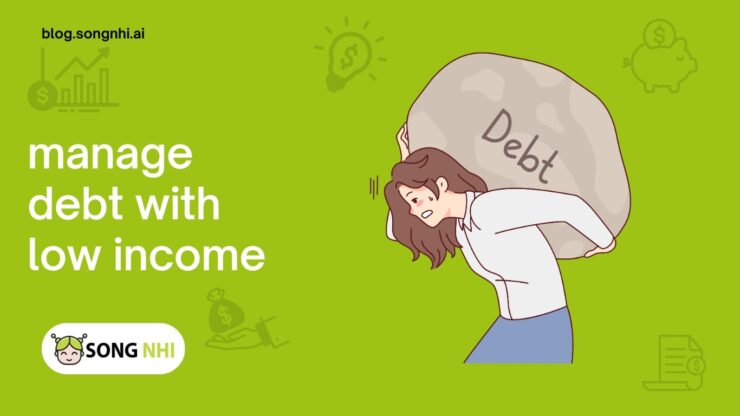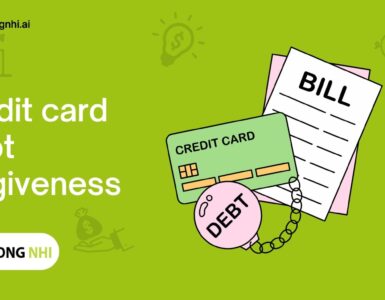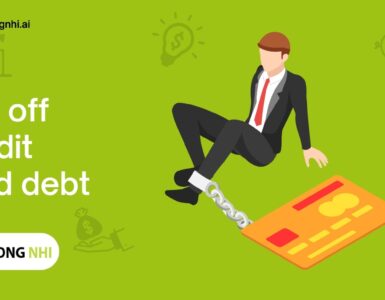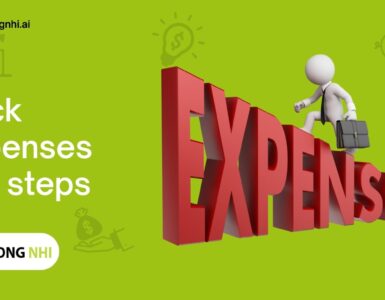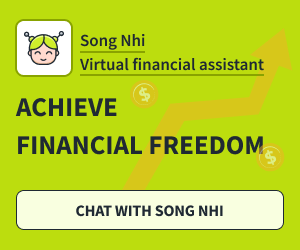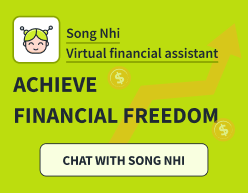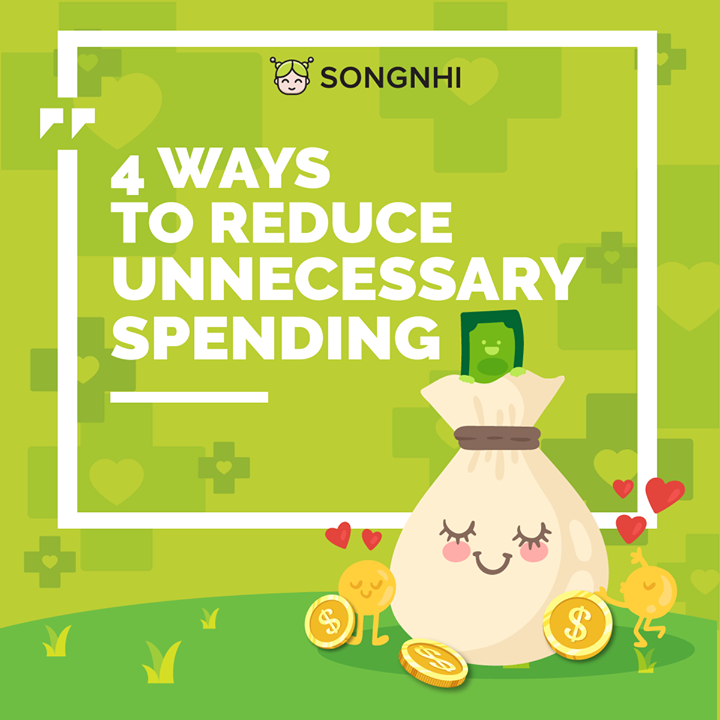Debt can be a significant burden, especially for individuals with limited income. However, with careful planning and disciplined financial management, it’s possible to tackle debt even on a modest income. In this guide, we’ll explore effective strategies to help you get out of debt and achieve financial freedom, regardless of your income level.
1. Assess Your Financial Situation
Start by gaining a clear understanding of your financial situation, including your total debt balances, interest rates, minimum monthly payments, and income. Create a comprehensive list of all your debts, including credit cards, loans, and other obligations, to determine the total amount owed.
2. Prioritize High-Interest Debts
Focus on paying off high-interest debts first to minimize interest costs and accelerate your debt repayment progress. Prioritize debts with the highest interest rates, such as credit card balances or payday loans, while continuing to make minimum payments on other debts.
3. Create a Budget
Develop a realistic budget that aligns with your income and financial goals. Allocate a portion of your income towards debt repayment while covering essential expenses such as housing, utilities, groceries, and transportation. Identify areas where you can reduce discretionary spending to free up more money for debt repayment.
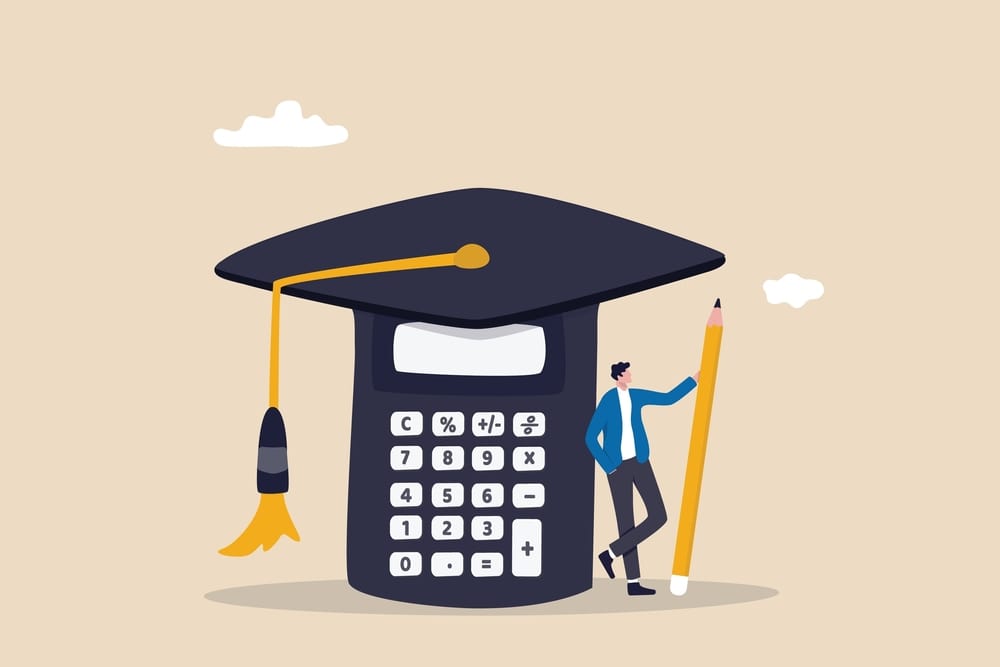
4. Explore Debt Repayment Strategies
Consider various debt repayment strategies to accelerate your progress and reduce the total amount paid over time. Popular debt repayment methods include:
Debt Snowball
Start by paying off the smallest debt balance first, then roll the payments towards the next smallest debt. This method provides psychological motivation by achieving quick wins and gaining momentum in debt repayment.
Debt Avalanche
Prioritize debts with the highest interest rates to minimize interest costs over time. Focus on paying off high-interest debts aggressively while making minimum payments on other debts.
Debt Consolidation
Consolidate multiple debts into a single loan with a lower interest rate, simplifying repayment and potentially reducing monthly payments. Explore options such as balance transfer credit cards, personal loans, or debt consolidation loans.
5. Increase Your Income
Look for opportunities to increase your income to accelerate debt repayment and improve your financial situation. Consider taking on a part-time job, freelance work, or side hustle to generate additional income. Use the extra earnings to make larger debt payments and expedite your journey towards debt freedom.

6. Seek Assistance and Support
Don’t hesitate to seek assistance and support if you’re struggling to manage your debt on your own. Explore resources such as credit counseling services, debt management programs, or financial coaching to receive guidance and assistance tailored to your needs. Additionally, reach out to friends and family for emotional support and encouragement during challenging times.
Related articles:
7. Stay Committed and Persistent
Getting out of debt requires dedication, perseverance, and a long-term commitment to financial stability. Stay focused on your goals, celebrate small victories along the way, and remain persistent in your efforts to eliminate debt. Remember that every payment brings you one step closer to financial freedom and a debt-free future.
By implementing these strategies and adopting a proactive approach to debt repayment, you can overcome financial challenges and achieve your goal of becoming debt-free, even on a low income. Stay disciplined, stay motivated, and keep moving forward towards a brighter financial future.

